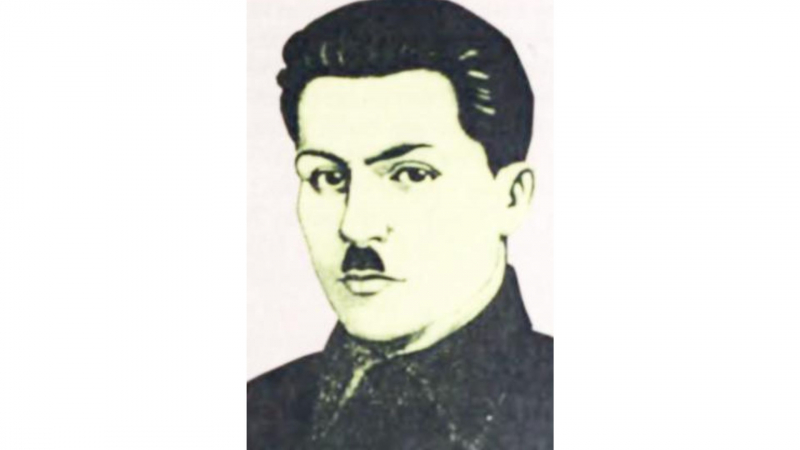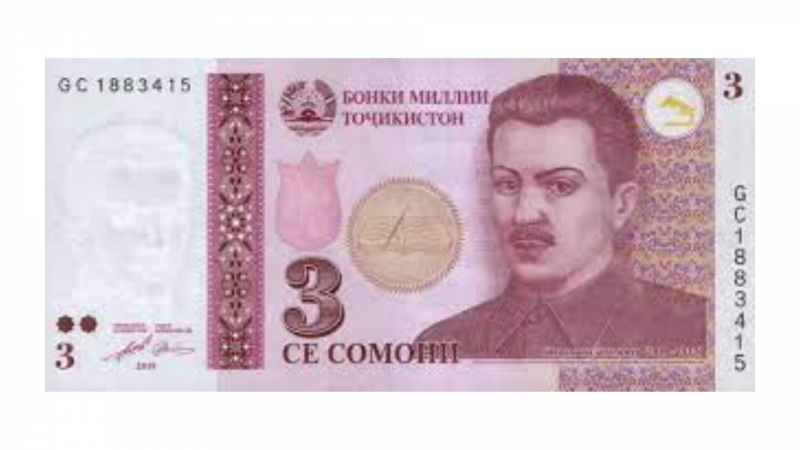Shirinsho Shotemur
The last name in the list of the most important historical figures in Tajikistan is Shirinsho Shotemur. Shirinsho Shotemur, a well-known Tajik politician who lived from 1 December 1899 to 27 October 1937, made a significant impact on the early history of Soviet Tajikistan and played a key role in the creation of the Tajik Soviet Socialist Republic. He started pursuing a political career in 1921 and was then assigned to the political-military team that was deployed back to the Pamirs. He served as an instructor for the national minority division of the Central Committee of the Communist Party of Tajikistan from 1923 to 1924. He oversaw the Tajik communist section at the same time.
Shirinsho Shotemur held a number of high-ranking roles in both the communist party and the Tajik government throughout his lifetime. Shotemur was detained in Moscow in 1937 after being accused of belonging to an anti-Soviet nationalist group. Later that year, Shotemur was given a death sentence by the Military Board of the Supreme Court of the USSR. On October 27, 1937, he was put to death. Shotemur was posthumously pardoned by the Military Board of the Supreme Court of the USSR in 1956.
One of the key figures in the 1924 establishment of the Tajik Autonomous Soviet Socialist Republic within the Uzbek Soviet Socialist Republic was Shirinsho Shotemur. Shirinsho Shotemur successfully pushed for the inclusion of Sughd Province in the Tajik ASSR in 1929, the same year he started Tajikistan's withdrawal from the Uzbek SSR and the creation of the new Tajik Soviet Socialist Republic. Shotemur served as the Tajik ASSR's representative in the Uzbek SSR as of 1927. Both during his lifetime and after his passing, Shirinsho Shotemur received honorary state awards, including ones from the Republic of Tajikistan in 1999 and 2006.









